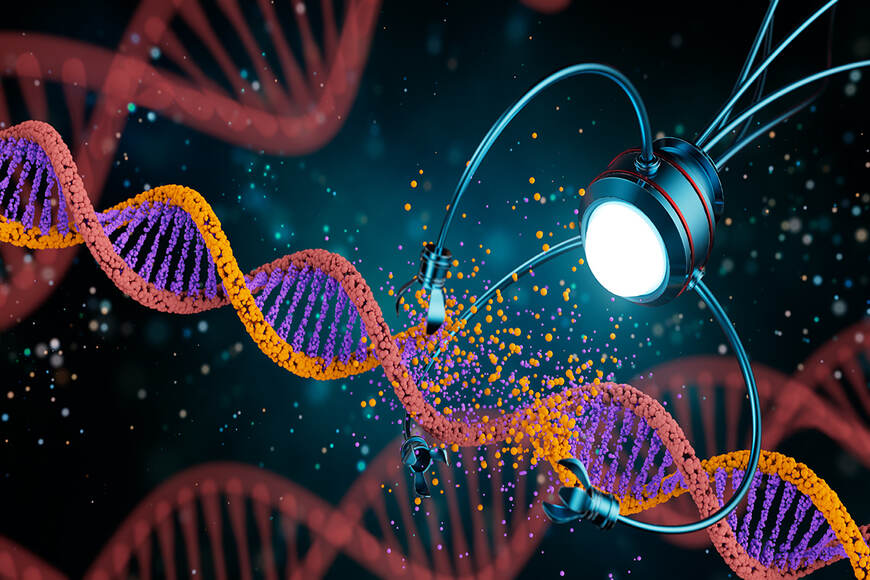Genetic engineering may play an important role in the future of humanity. On its positive aspects, it allows diseases to be treated at the genetic level, and prevents the spread of hereditary diseases of human life. This provides a revolutionary advancement in the healthcare industry and improves the quality of life. Additionally, studies of plant and animal genes can increase the ease of food production, ensure food security and reduce hunger.
However, this technology has both positive and negative aspects. First of all, the impact of human intervention on nature creates concern. The long-term effects of genetically engineered changes may not be fully understood. There are also concerns about malicious use of this technology, as genetic engineering has the potential to disrupt the genetic makeup of humans. This can increase inequalities and lead to social imbalances.
In conclusion, genetic engineering has great potential for humanity. Strict implementation of ethical rules and legal regulations, as well as scientific research, can reduce the possible risks of genetic engineering while benefiting from its positive effects, thus creating a safer and more equitable future for all.

